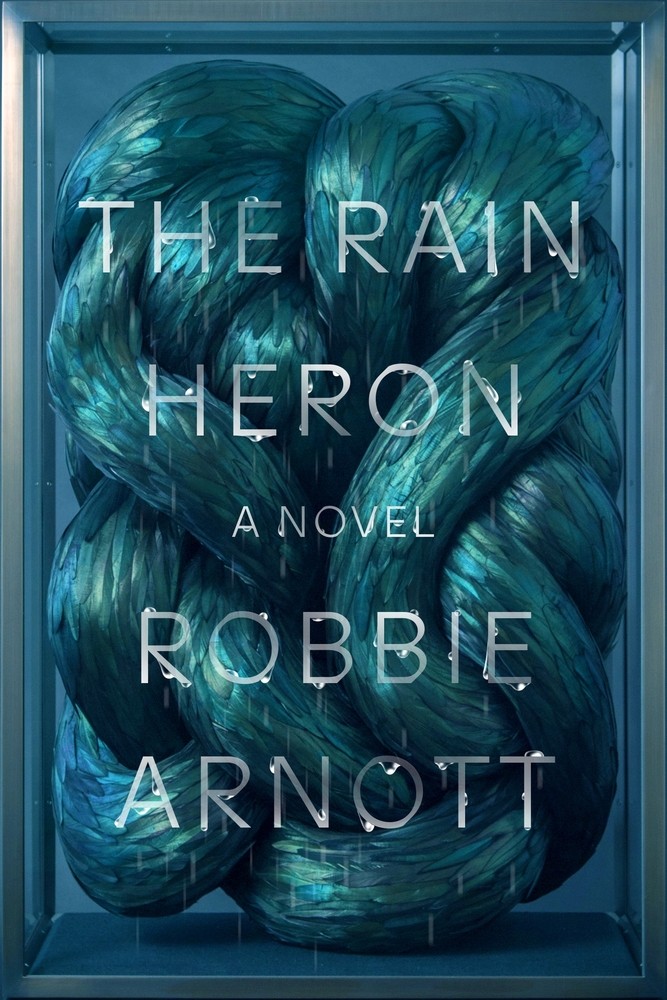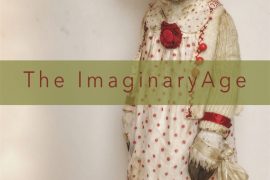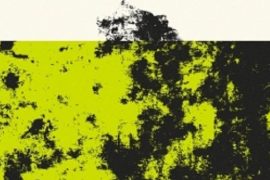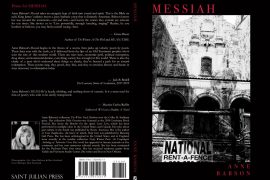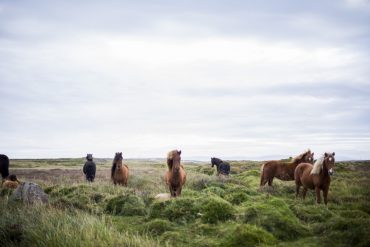Our Interviews Editor Esteban Rodríguez sat down with Australian novelist Robbie Arnott to speak about his newest novel The Rain Heron, as well the role of mythmaking, our relationship to the environment, and what literature can provide during these uncertain times.
You can read an excerpt of The Rain Heron here.
Esteban Rodríguez: Your second novel, The Rain Heron, was just released by FSG Originals this past February. Tell us about the journey writing this novel and how the book as a whole came to be.
Robbie Arnott: I wanted to write about how the violence we inflict upon each other bleeds over into the way we treat the world around us, and vice versa. At the same time, I had no idea what I was doing. I thought my first novel was a fluke, and perhaps an accident. To start a new book felt like pulling on a set of stolen clothes.
So to tackle this feeling—as well as an attempt to write about this idea of overwhelming, beyond-human violence—I began by writing a myth. I created the Rain Heron (the creature, not the book) and tried to imbue it with all the savagery and beauty of a storm. It seemed like the sensible thing to do.
From there, I created the world of the novel. The characters, the plot and the environments all followed, sometimes easily, sometimes through a lot of struggle. But it began with this nature-myth of wonder and violence.
ER: The Rain Heron, like any creature, isn’t inherently violent (it is not roaming the earth causing destruction to villages and cities). However, it does become a means by which others can enact violence, either on people or on the land. One of the principal characters, Lieutenant Harker, is tasked with capturing the Rain Heron and returning it to her superiors (the country was recently devastated by a coup), and she herself changes in order to complete her mission, becoming more callous and brutal. How do you think myth influences us, and to what degree does it drive the characters’ motivations in the novel?
RA: Most myths are created for the purpose of helping us understand the world. The sun doesn’t make any sense, maybe it’s a god, etc. Myths defined how we understood reality for a long time, so I think we can’t help but be influenced by them in the way we think and act, even today. In some Australian Aboriginal cultures, it was believed that echidnas carried messages from the spirits. I’m not an indigenous Australian, but when I see an echidna, I get out of its way. These things have a way of sinking into us.
In The Rain Heron, the people of the novel have an implicit cultural understanding that they shouldn’t pry into their myths—they know they should leave well enough alone. Yet we see some characters, such as Lieutenant Harker and the northerner, whose compulsions override this unspoken tradition. Human ambition comes into conflict with myth, with horrific results.
ER: Lieutenant Harker’s compulsion to complete her mission is quite in contrast to the experience of her past, in the sense that she understands what it’s like for someone to come in and attempt to take advantage of the way people make their lives. Unlike the northerner, she is given the opportunity to change the path that she sees she is on. Can you speak more about Lieutenant Harker and what you would like readers to gain from her journey?
RA: I didn’t want to write a straightforward redemption story. I don’t think that would have been right for the book, and I didn’t think Harker deserved it. I wanted to show how she rationalised her behaviour, while becoming something close to a monster, and then portray her struggles as she realised the wrongness of her actions. Her cruelty cannot be undone, but there is hope for her. There’s hope for us all.
I also wanted to explore how violent behaviour is learned. She witnesses the northerner use violence—both physical and subtler kinds—to achieve his goals. At the time, she abhors him. But those lessons are internalised, and years later, she uses methods even harsher than his to get what she wants. Violence is complicated and affects us in messy ways.
ER: With Harker’s acknowledgement of the wrong she has done, along with her attempt to correct it, hope, as you say, is not out of her reach. What hope do you believe The Rain Heron provides?
RA: I would love it if the book could make readers believe in impossible things—including, as hard as it is right now, impossible hope. Our environments are being wrecked. Our politics are flimsy and threatened. And yet there lies within our world—both the natural world and our manufactured societies—great capacity for change, renewal and progress. I hope the book captures that. I hope it paints an ultraviolet image of strange, kind ambition.
ER: What’s the most important thing you’ve learned about being a writer while composing this novel?
RA: I have learned much, although the most important has to be commitment. This was a book I couldn’t half-write. I had to hurl myself into it, body and thought, until I had wrestled it into shape. There wasn’t much room for anything else, but it was the only way I could make it work.
ER: Well I’m confident that everyone who reads your novel will have changed for the better, so thank you for such an important book. What projects or writings are you turning your attention to for the future?
RA: Thank you! That’s very kind of you to say. At the moment I’m working on a new novel, based on stories my grandfather told me about his early life. It’s quite a straightforward book, to be honest, about a childhood on a river. But I’m only just getting stuck into it. Perhaps my imagination will take over soon.
ER: What do you feel literature offers during these uncertain times?
RA: I’m not completely sure. But I’d like to think it offers something more than escapism, and more than solace. Ultimately, I think literature can offer a sense of previously unseen scope, of imagination, of an expanded way of viewing and moving through the world. So I suppose what I’m saying is: hope.

